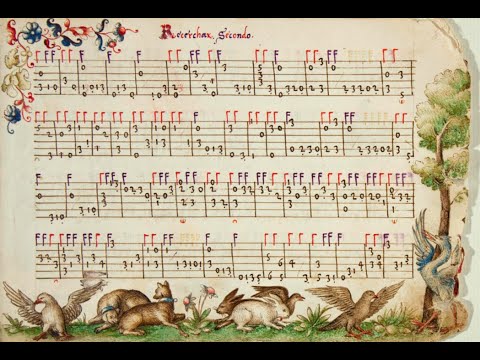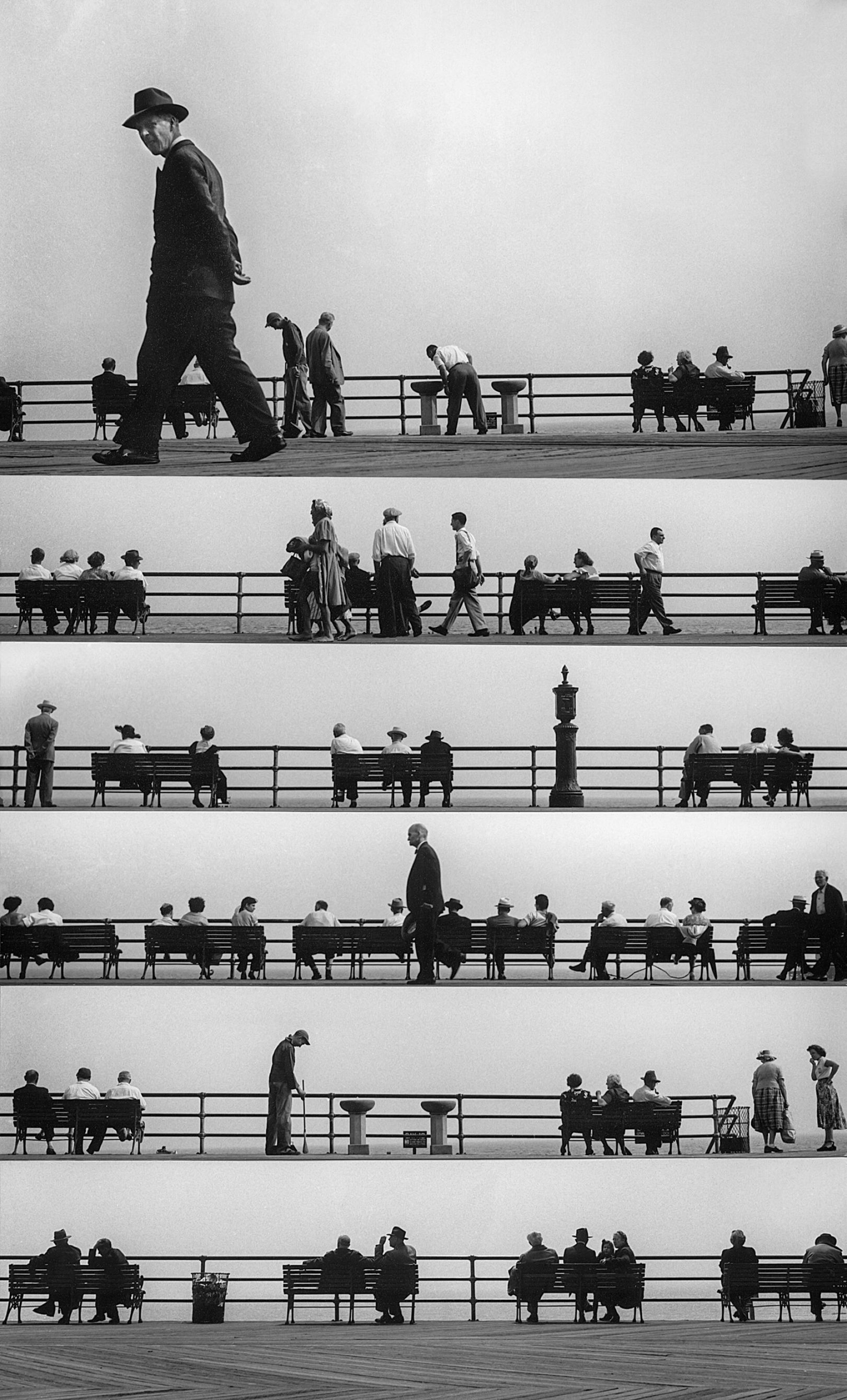Yes, Guido d'Arezzo's system is better for singers, certainly. I used to try to use it for learning plainchant, which is what he designed it for, I suppose. (Though Julie Andrews uses the Anglicised version with "doh", "soh" and "ti" instead of Guido's "ut" , "sol" and "si".)
The letter system is not even consistent across Germanic countries. In Germany, the B is used for what Anglophones call B flat, while what we call B natural they call H. So a C major scale in Germany runs: C D E F G A H C.

And we think of the Germans as so logical................

Another oddity is that on the musical stave, the basic major scale that requires no accidentals is C. Why C? Why not A, for goodness sake? (Though it's true the relative minor is the scale of A. Perhaps the stave convention dates from the modal era, before major and minor scales became established.)

 ...it is just that it would have been nice if they had been universal in all countries
...it is just that it would have been nice if they had been universal in all countries


